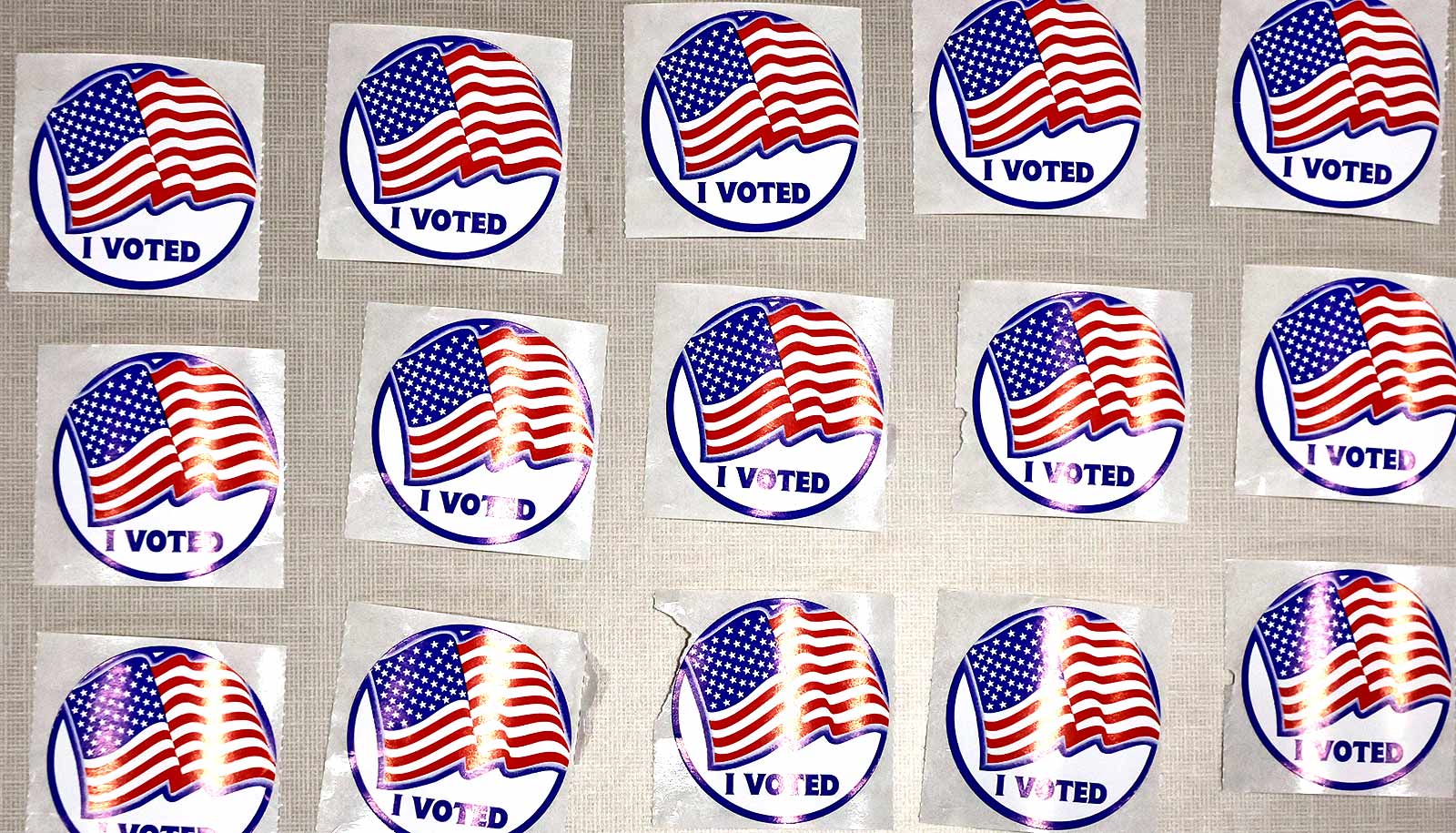A new study investigates the link between democratic erosion and rising deaths.
Voting rights have come under scrutiny across the United States in recent years, with multiple cases before the Supreme Court this session. The new study suggests the issue has implications beyond politics.
Jennifer Karas Montez, sociology professor at Syracuse University, says the team has been trying to better understand why the mortality rates of working-age adults in the United States are high and rising, predating the COVID-19 pandemic. Previous studies showed labor policies, firearm policies, and more played a role but did not provide a full explanation. So the team decided to investigate a possible link to the weakening of democracy.
“Studies from other countries show that strong democracies invest in education, provide economic opportunities for all, and make policy decisions that are aligned with people’s preferences,” Montez says. “One consequence is that stronger democracies have lower rates of violent crime and higher levels of happiness and life satisfaction. Some US surveys indicate that even the perception of democratic erosion may lead to anxiety, depression, substance use, and sleep problems.”
Democratic erosion can manifest in many ways, from purging eligible voters from the rolls, to not allowing absentee voting, to partisan gerrymandering of congressional districts. Montez points to North Carolina as a prime example. “Consider that, in 2018, even though Republicans won slightly more than 50% of the two-party vote, they took 77% of the state’s seats in Congress. That’s gerrymandering on steroids,” Montez says.
The study examines how changes in electoral democracy in the US predicted changes in the risk of death among adults ages 25-64 from 2000-2019 using data from the State Democracy Index and vital statistics data on deaths from all causes. The team found several links. “Some of the strongest evidence pointed to indicators of what we might call ‘social disfunction’ such as drug use, violent crime, and incarceration,” Montez says.
“Democratic erosion predicted significantly higher rates of deaths from drug poisoning and from infectious disease which can often result from intravenous drug use.”
The study estimates that if a particular state were to strengthen electoral democracy from a moderate level to a very high level, men’s all-cause mortality would be more than 3% lower within the next year. When looking specifically at drug poisoning and infectious disease deaths, that decline increases to an estimated 13%. If all states strengthened to a very high level, researchers estimate that more than 20,000 working age deaths could potentially be averted each year.
Researchers say solving the problem will take swift steps at both the state and federal levels. “Some key actions include banning partisan gerrymandering, improving voter enfranchisement, and reforming campaign finance laws,” Montez says. “Significant progress could be made if Congress passed legislation such as the Freedom to Vote Act, which was introduced in 2021. This national piece of legislation would make substantial improvements in voting access, election integrity and security, redistricting, and campaign finance laws.”
The full study appears in the Milbank Quarterly.
Source: Syracuse University



